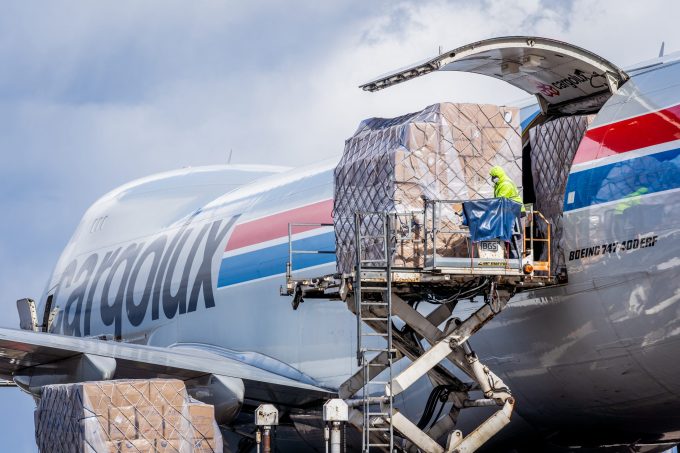Airbus heavylift airline demise raises questions over solidity of business plan
The sudden demise of Airbus’s relatively short-lived cargo airline specialising in outsize shipments, Airbus Beluga ...

Cargolux is staying tight-lipped over its potential fleet orders, after disclosing at the Farnborough Air Show that it has picked its workhorse for the future: the 777-8F.
Airbus will no doubt be hugely disappointed after its big efforts in trying to lure Cargolux with its A350 freighter, but Richard Forson, Cargolux chief executive, was careful not to upset the European manufacturer and declined to be drawn specifically on why he’d bet on Boeing.
In a response to The Loadstar, he said simply ...
Asia-USEC shippers to lose 42% capacity in a surge of blanked sailings
USTR fees will lead to 'complete destabilisation' of container shipping alliances
New USTR port fees threaten shipping and global supply chains, says Cosco
Outlook for container shipping 'more uncertain now than at the onset of Covid'
Transpac container service closures mount
DHL Express suspends non-de minimis B2C parcels to US consumers
Zim ordered to pay Samsung $3.7m for 'wrongful' D&D charges
Flexport lawsuit an 'undifferentiated mass of gibberish', claims Freightmate

Comment on this article